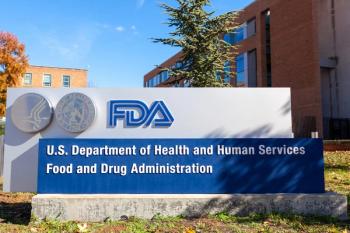
AMD supplements may accelerate the disease in some people
Nutritional supplements meant to slow the progression of age-related macular degeneration (AMD) may actually accelerate the disease in people with certain genotypes, according to research recently presented at the American Society of Retina Specialists annual meeting.
San Diego-Nutritional supplements meant to slow the progression of
For this study, Dr. Awh divided patients with nine genotypes into four groups based on their complement factor H (CFH) and age-related maculopathy susceptibility 2 (ARMS2) risk: high CFH and high ARMS2 risk; high CFH and low ARMS2; low CFH and high ARMS2; and low CFH and low ARMS2.
The analysis found that patients with high CFH and low ARMS2 risk, a group that made up 13 percent of the study cohort, the risk of progression to AMD within seven years was 135% higher with the supplement group than the placebo group.
Patients with low CFH and high ARMS2 risk, a group that made up 35 percent of the study cohort, the risk of progression to AMD within seven years was 37 percent lower in the supplement group than the placebo group.
And for patients in both the high CFH and high ARMS2 risk and low CFH and low ARMS2 risk, there was no strong benefit or harm with the supplements.
Newsletter
Want more insights like this? Subscribe to Optometry Times and get clinical pearls and practice tips delivered straight to your inbox.









































